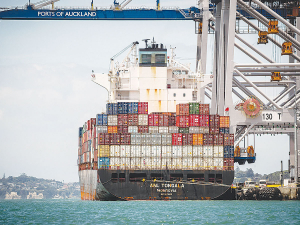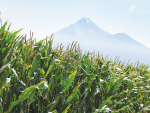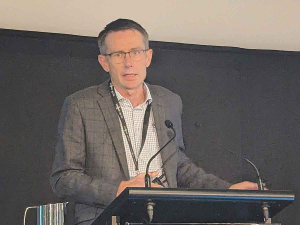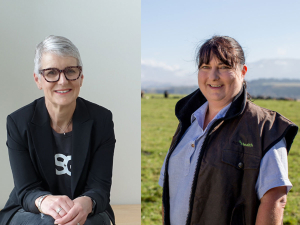A new report from the United Nations has highlighted how a lack of effective refrigeration has resulted in the loss of 526 million tonnes of food production, or 12% of the global total.
Launched at the 27th Climate Change Conference over the weekend, the Sustainable Food Cold Chains report from the UN Environment Programme (UNEP) and the Food and Agriculture Organisation of the United Nations (FAO) has found that food cold chains are critical to meeting the challenge of feeding an additional two billion people by 2050 and harnessing rural communities’ resilience, all while avoiding increased greenhouse gas (GHG) emissions.
The report was developed in the framework of the UNEP-led Cool Coalition in partnership with the FAO, the Ozone Secretariat, UNEP OzonAction Programme, and the Climate and Clean Air Coalition.
Inger Anderson, executive director of UNEP, says that at a time when the international community needs to address the climate and food crises, sustainable food cold chains can make a huge difference.
“They allow us to reduce food loss, improve food security, slow greenhouse gas emissions, create jobs, reduce poverty and build resilience – all in one fell swoop,” she says.
The food cold chain has serious implications for climate change and the environment. Emissions from food loss and waste due to lack of refrigeration totalled an estimated 1 gigatonne of carbon dioxide (CO2) equivalent in 2017, approximately 2% of total greenhouse gas emissions.
It also contributes to methane emissions. The report states that acting now would contribute to reducing atmospheric concentrations of methane in this decade.
Overall, the food cold chain is responsible for around 4% of total global greenhouse gas emissions – when emissions from cold chain technologies and food loss caused by lack of refrigeration are included.
Reducing food loss and waste could make a positive impact on climate change, but only if new cooling-related infrastructure is designed to use gases with low global warming potential, be energy efficient and run-on renewable energy.
Projects around the world show that sustainable food cold chains are already making a difference.
In India, a food cold chain pilot project reduced losses of kiwifruit by 76% while reducing emissions through the expansion of use of refrigerated transport.
In Nigeria, a project to install 54 operational ColdHubs prevented the spoilage of 42,024 tonnes of food and increased the household income of 5,240 small-scale farmers, retailers, and wholesalers by 50%.
The report makes several recommendations for governments and stakeholders, including:
- Take a holistic systems approach to food cold chain provision, recognising that the provision of cooling technologies alone is not enough.
- Quantify and benchmark the energy use and greenhouse gas emissions in existing food cold chains and identify opportunities for reductions.
- Collaborate and undertake food cold chain needs assessments and develop costed and sequenced National Cooling Action Plans, backed with specific actions and financing.
- Implement and enforce ambitious minimum efficiency standards, and monitoring and enforcement to prevent illegal imports of inefficient food cold chain equipment and refrigerants.
- Run large-scale system demonstrations to show positive impacts of sustainable cold chains and how interventions can create sustainable and resilient solutions for scaling.
- Institute multidisciplinary centres for food cold chain development at the national or regional level.











